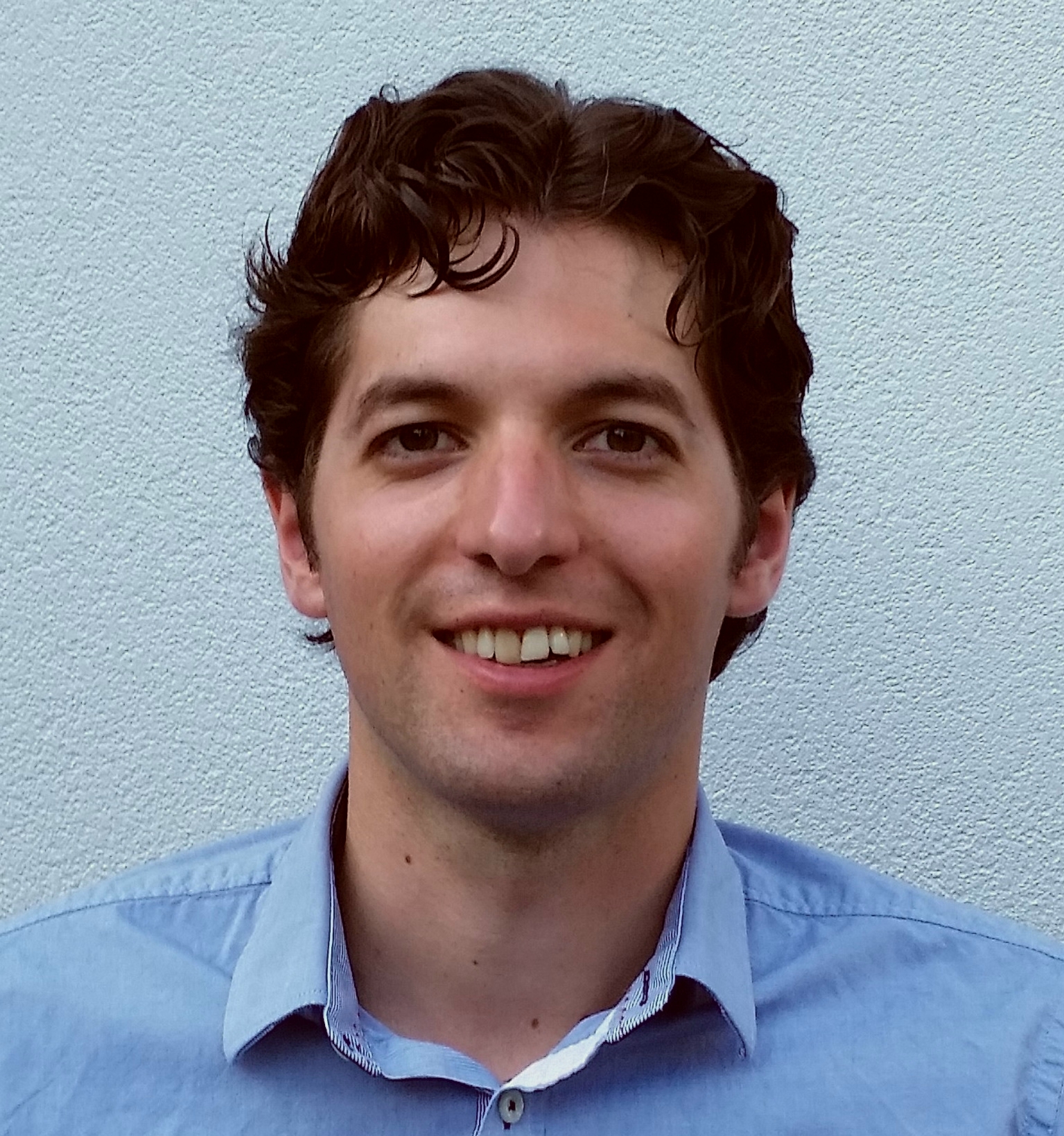Vidi grant for Ward Romeijnders

The Dutch Research Council (NWO) has awarded a Vidi grant of € 800,000 to Ward Romeijnders. The associate professor at FEB’s department of Operations received the grant for his research on promising algorithms that support decision making under uncertainty.
Often, decisions have to be made when future influences have yet to unfold. For achieving the EU 2050 goal of a climate-neutral society, for instance, large capital investments in carbon free energy production are needed now, while the future demand for energy and future technical innovations are still uncertain. Romeijnders: “Decisions under uncertainty occur widely, also encompassing, for example, pension fund reforms when economic and demographic developments are still uncertain. Typically, earlier decisions can be reverted or adjusted at a later time, albeit often not without consequence. In this process, decisions must be made sequentially over a period of time, while relevant information only becomes known in due course. In mathematical terms, we face the problem of making discrete decisions over multiple time stages, while uncertain random parameters are revealed over time. These so-called multistage stochastic integer programs (M-SIP) are the main topic of my research and are considered one of the most important open problems in the field. The aim of my research is to construct efficient algorithms for M-SIP that can address large problem instances.’’
Plans
The associate professor is honored and excited to receive this grant. “I will use it over the next five years to start building my own research group with two PhD students and a Postdoc researcher. Together we will develop exact and approximate solution methods for so-called multistage stochastic integer programs, which are among the most important open problems in optimization, and a key area in the field of stochastic programming. The newly developed methods will be applied to design a hydrogen supply chain for the Northern Netherlands and to asset-liability management for pension funds. The main challenge will be to solve large problem instances, which may include many parameters and stages, a huge number of future scenarios, and integer decision variables to model indivisibilities or binary decisions.”
For more information, please contact Ward Romeijnders.
| Last modified: | 30 January 2023 11.31 a.m. |
More news
-
01 April 2025
UGBS Executive MBA best-rated MBA | Dutch Master's Guide 2025
According to the independent Keuzegids Masters 2025, the Executive MBA of the University of Groningen Business School is the best rated MBA in the Netherlands (both part-time and full-time programmes).
-
01 April 2025
Executive Master of M&A and Valuation accredited as joint degree with Vrije Universiteit Amsterdam
Starting 1 September, participants enrolled in the programme will receive a master's degree from both the University of Groningen and Vrije Universiteit Amsterdam upon successful completion.
-
05 March 2025
Women in Science
The UG celebrates International Women’s Day with a special photo series: Women in Science.
